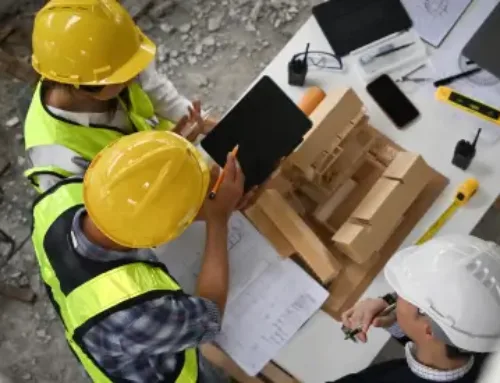To fully realize a culture of inclusion and belonging requires both leadership commitment and accountability to ourselves and others. True inclusion goes beyond surface-level efforts or policies; it requires deep, ongoing dedication from every individual in an organization or community. Leadership and accountability, in this context, are not just tasks assigned to those at the top but shared responsibilities that each of us, regardless of our role, title, or position, can actively demonstrate. We each have the power to contribute to a culture where everyone feels valued, respected, and included.
Leadership, in its essence, is about influence. While there are countless examples and definitions of leadership, at its most fundamental level, leadership is the ability to inspire, motivate, and guide others toward achieving a shared goal. In the context of diversity, equity, and inclusion (DEI), this goal is the creation of a more equitable environment where all voices are heard, differences are embraced, and barriers to opportunity are removed. Every individual has the capacity to lead by modeling inclusive behavior—whether by speaking up when something is unfair, advocating for marginalized voices, or fostering environments where others feel comfortable sharing their perspectives.
Leadership in DEI doesn’t necessarily require formal authority or a position of power. It’s about taking initiative, being courageous in addressing inequities, and demonstrating empathy and respect. It’s as much about the quiet, everyday actions we take as it is about the larger, more visible efforts. Whether it’s mentoring a colleague, facilitating difficult conversations, or simply listening and learning from others, we all have the potential to influence the culture around us in positive, inclusive ways.
Accountability, on the other hand, is about ownership. It’s about recognizing the impact of our actions (or inactions) and being willing to accept responsibility for them. In a culture of inclusion and belonging, accountability means actively working to ensure that our behavior aligns with the values of diversity, equity, and inclusion. It’s not enough to simply have good intentions—we must also follow through with tangible actions that support and uplift others. This might mean calling out biased behavior when we see it, holding others responsible for their actions, or acknowledging when we ourselves fall short and need to do better.
When leadership and accountability intersect in the context of DEI, it means we all have a part to play in shaping the environment around us. We are each responsible for contributing to an inclusive society—one where every person feels they belong, regardless of their background, identity, or experience. This isn’t just the job of human resources or senior management. It’s a collective effort that involves every individual taking ownership of their role in driving change.
Being a leader in this space means modeling the behavior we want to see in others, and it also means influencing others toward the goal of a more inclusive society. We do this by practicing empathy, challenging our own biases, advocating for policies and practices that promote equity, and amplifying the voices of those who are often unheard. Leadership, in this context, is about being proactive and intentional, making small and large changes that, together, help move us closer to a more inclusive and just society.
Accountability is equally critical. It’s not enough to set goals or make promises—we must also hold ourselves and others accountable for the actions (or lack thereof) that either support or hinder progress. This involves both self-reflection and a willingness to engage in difficult conversations when necessary. Holding others accountable can feel uncomfortable, but it’s a vital part of ensuring that our words align with our actions.
Ultimately, a culture of inclusion and belonging is created when leadership and accountability are shared responsibilities. We are all leaders in this journey toward a more inclusive world, and we must all hold ourselves and each other accountable for the actions that either drive or impede this vision. By embracing this mindset, we can collectively inspire and achieve the kind of transformational change that makes true inclusion possible. It starts with each of us recognizing our capacity to lead and holding ourselves to a higher standard of accountability.






